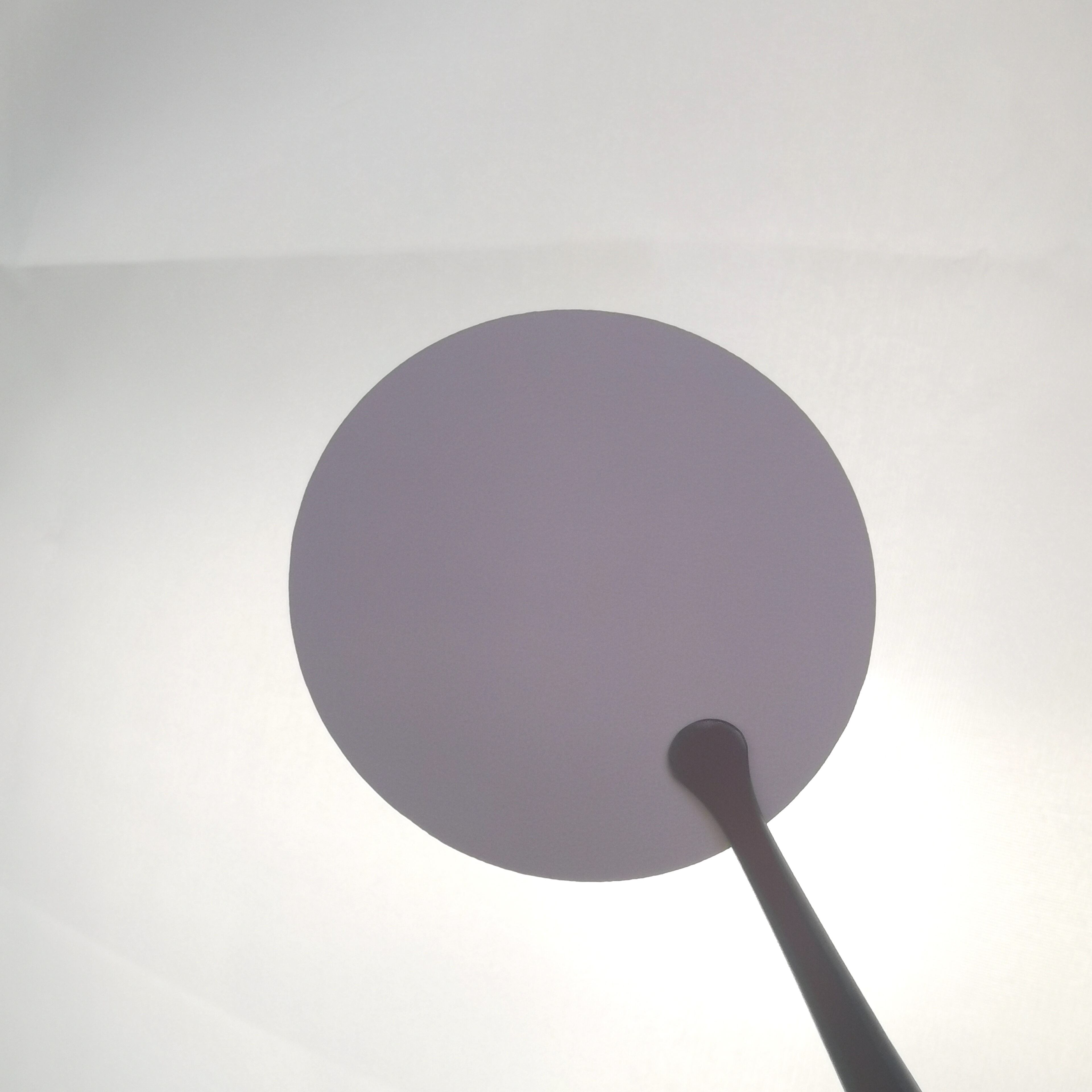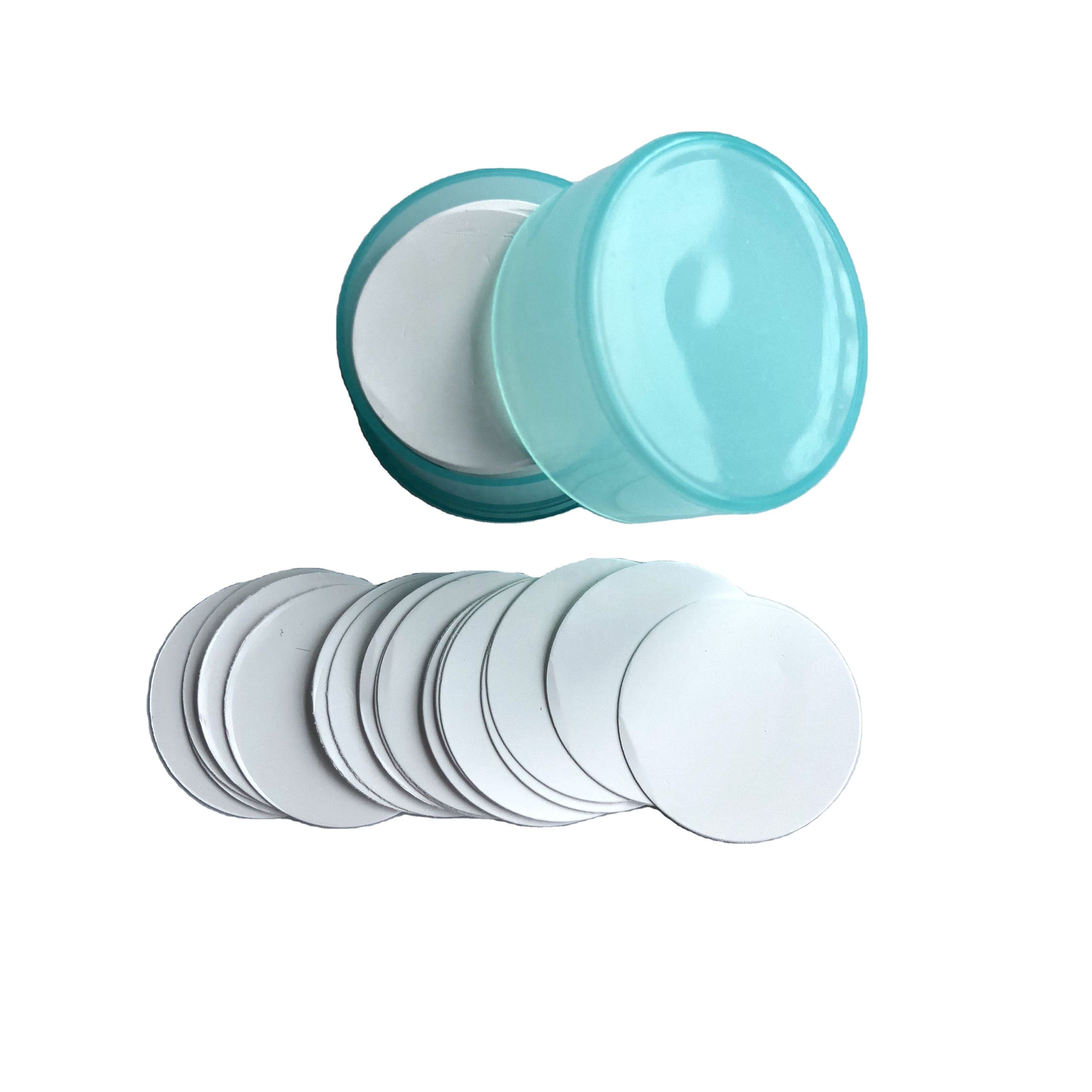membrane filter sterilization
Membrane filter sterilization represents a cutting-edge filtration technology that effectively removes microorganisms, particles, and contaminants from liquids and gases. This advanced separation process utilizes specialized microporous membranes with precisely controlled pore sizes, typically ranging from 0.1 to 0.45 micrometers, to achieve sterile filtration. The process works by forcing the medium through these microscopic pores under controlled pressure, effectively trapping particles larger than the pore size while allowing the purified substance to pass through. This method is particularly valuable in pharmaceutical manufacturing, biotechnology applications, and laboratory research where maintaining product sterility is crucial. The technology employs various membrane materials, including polyethersulfone, polyvinylidene fluoride, and cellulose acetate, each optimized for specific applications. The system can be configured for both small-scale laboratory use and large-scale industrial processes, offering flexibility in implementation. Modern membrane filter sterilization systems often incorporate integrity testing capabilities, automated monitoring, and validation protocols to ensure consistent performance and compliance with regulatory requirements. This technology has revolutionized sterilization processes by providing a reliable, efficient, and gentle method that preserves product quality while ensuring complete sterility.

